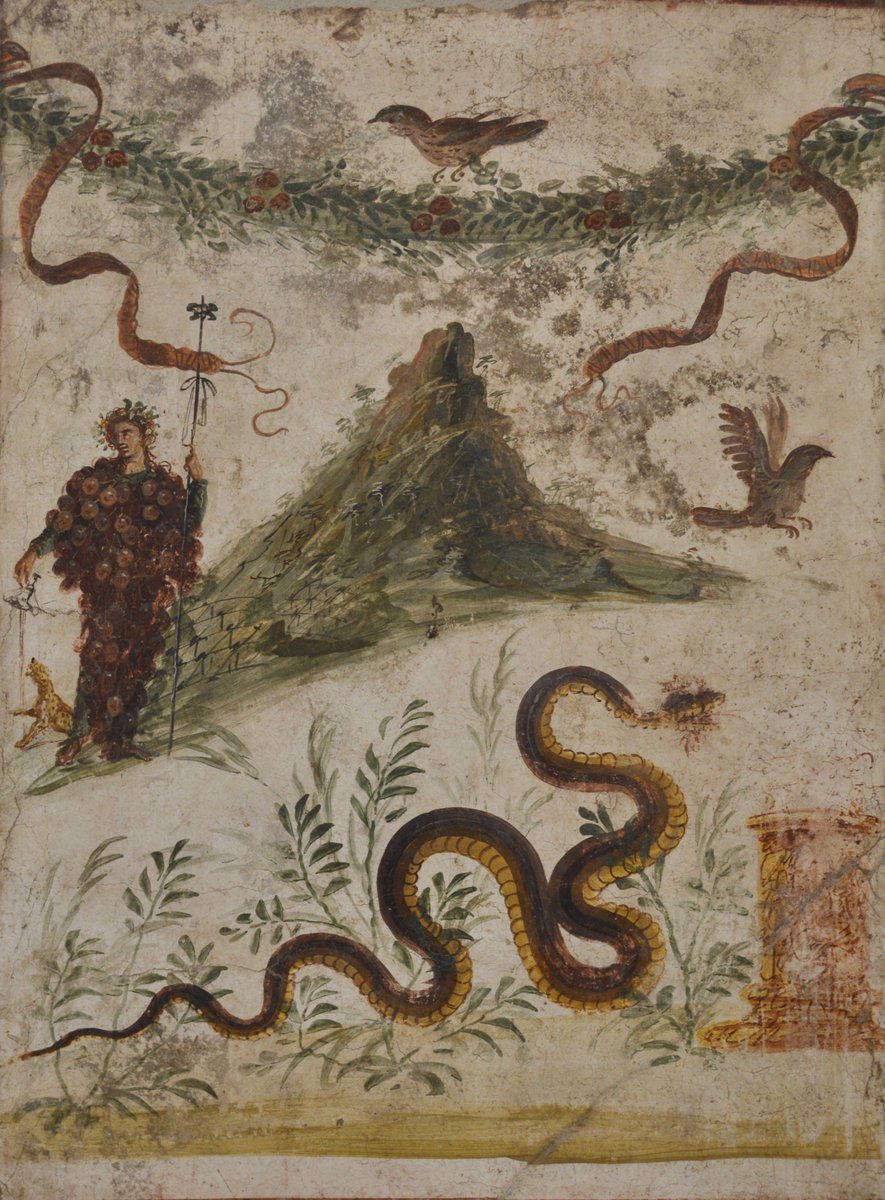


He also has many incarnations that would go on to become sacred figures in their own right such as Shankara and Hanuman. He is the husband of the goddess Parvati, or Shakti depending on what you believe, in all her incarnations and has two sons, Ganesha and Skanda. This act is further proof of his benevolent and self-sacrificing nature. Shiva also has a blue throat that was caused when he swallowed the most deadly poison in the world, Halahala, the poison of the primordial snake Vasuki, earning him the name Vishakantha (one who held poison in his throat). The effulgence from this act was so hot not even the god of fire Agni could handle it and it was used to create the war god Kartikeya. The first of Shiva's best known attributes is his third eye, which he once used to burn the god of love, Kamadeva, to ashes. He is depicted with up to four arms, a third eye, a blue throat, matted hair, carrying a trident and a drum, is often accompanied by a serpent and rides on the back of the sacred bull Nandi. The followers of Shiva and Dionysus are known in the Indian and Greek cultures as sharing the same characteristics of the two gods: playfulness, joy of living, harmony with nature, but also a certain ambiguous dark aspect, as they are referred to as demonic children or heavenly delinquents. He also act against premature destruction, going far enough to withstand great suffering. While he is is known as the destroyer, he is also considered to be a benevolent and beneficial force, as without destruction, new creation couldn't take place. He originally evolved from the early Vedic god, Rudra, and is now the supreme deity within Shaivism, a branch of Hinduism that focuses on the worship of Shiva. In the Hindu religion, Shiva the Destroyer is one of the three principle deities of the Trimurti (Hindu Triad) along with Brahma the Creator and Vishnu the Preserver. Scholars have discussed Dionysus' relationship to the "cult of the souls" and his ability to preside over communication between the living and the dead. The divine mission of Dionysus was to mingle the music of the aulos and to bring an end to care and worry. He was also known as the Liberator (Eleutherios), freeing one from one's normal self, by madness, ecstasy or wine. In addition to winemaking, he is the patron deity of agriculture and the theater. He was also known as Bacchus, the name adopted by the Romans and the frenzy he induces, bakkheia. Dionysus is typical of the god of the epiphany, "the god that comes". He is included as one of the twelve Olympians in some lists. "While written nearly thirty years ago, the message of Gods of Love and Ecstasy is more critical today than ever, as it points the way towards reestablishing our links to the energies these archetypes represent, and their power in the material world.Ares Main article: Ares Dionysus Main article: Dionysusĭionysus or Dionysos is the ancient Greek god of wine, the god who inspires ritual madness and ecstasy, and a major figure of Greek mythology. This book also includes many references and sources along with a fascinating chronological chart dating back to 15,000 BC. Shantala’s dance is moulded by this journey between Kuchipudi and Pina Bausch, between India and Europe, between Shiva and Dionysus, who are said to be incarnations of the same deity, Shiva having lived on in Hindu mythology while Dionysus, swept aside by monotheistic religions, was gradually forgotten in Europe, a wandering god, god of theatre.

" Gods of Love and Ecstasy makes compelling reading with so much information on the role played by gods and goddesses, revealing the theological complexity of this ancient cult.

"Danielou's books are remarkable for their clarity, scholarship, and uninhibited celebration of erotic and mystical ecstasy."


 0 kommentar(er)
0 kommentar(er)
